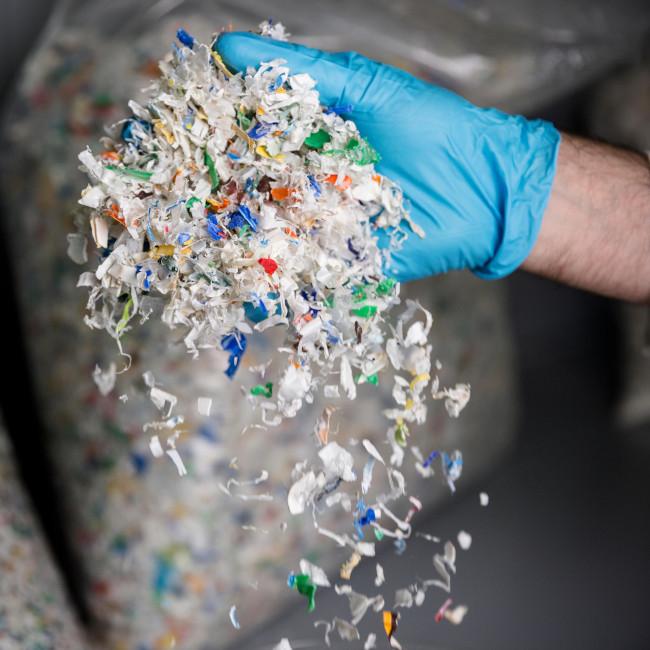New artificial turf from old plastic?
Author:
Rolf Haas, Deputy Chairman IAKS Germany
Contact:
Kai Weber-Gemmel, FieldTurf, kai.weber-gemmel@tarkett.com
Artificial turf pitches are becoming increasingly popular for sports facilities. The decisive advantages are that they can be used with high intensity and independently of the weather. When choosing a new artificial turf, the question that has to be asked is: “How ‘green’ is a modern artificial turf?”
FieldTurf, a globally leading manufacturer of artificial turf, develops new solutions in cooperation with fibre supplier Morton Extrusionstechnik. Both companies are part of the Tarkett Group, which, with its 12,000 employees, produces 1.3 million m² of flooring – on a daily basis. A synthetic turf’s climate neutrality hinges on replacing petroleum as the raw material for the artificial turf fibre. The development department of Morton Extrusionstechnik in Abtsteinach is addressing precisely this challenge. Thanks to the cooperation with TotalEnergies, pyrolysis oil is emerging as the new resource.

photo: TotalEnergies/Laurent Villeret